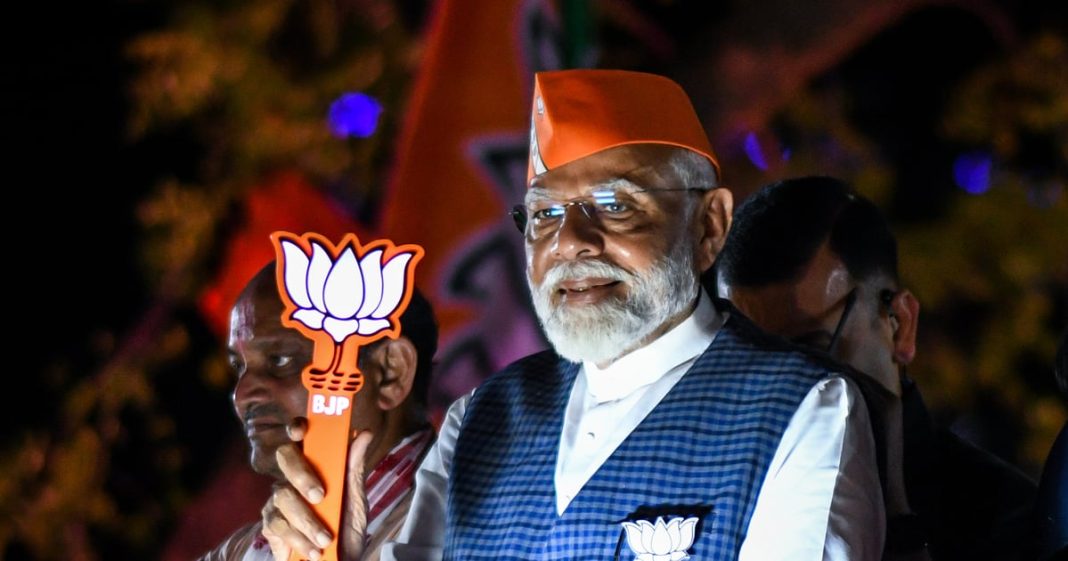In a series of aviation-related incidents involving prominent political figures, Prime Minister Narendra Modi’s journey was unexpectedly delayed due to technical difficulties faced by his aircraft. The Prime Minister was traveling from Jamui, Bihar, to Delhi after attending the ‘Janjatiyan Gaurav Divas’ event when his special aircraft encountered issues upon landing at Deoghar Airport. The plane was kept grounded for over an hour while technical teams worked diligently to address the problem. Ultimately, after a prolonged wait, Modi was able to continue his journey to Delhi on a different Indian Air Force aircraft that was dispatched from New Delhi.
In a related incident, Rahul Gandhi, the Leader of Opposition in the Lok Sabha, faced significant delays with his helicopter, which was grounded for nearly two hours in Mahagama due to a lack of clearance from Air Traffic Control (ATC). Gandhi was scheduled to speak at a rally, and the delays were attributed to airspace restrictions stemming from Prime Minister Modi’s ongoing rally in Bihar. After approximately two hours of waiting, Rahul Gandhi received clearance for takeoff and proceeded to his destination.
These incidents have spurred political tensions, especially with the Jharkhand Mukti Morcha (JMM) addressing the situation by writing to the Election Commission of India. JMM General Secretary Supriyo Bhattacharya emphasized the need for a fair political environment, urging that all parties be allowed equal access to flying zones without disruption. The ruling alliance leaders have alleged that the BJP is engaging in “deliberate obstruction” aimed at hindering opposition efforts.
As airspace availability came under scrutiny during this politically charged timeframe, the incidents have raised questions about the management of air traffic for political figures and whether these delays were a result of ongoing electoral strategies.





